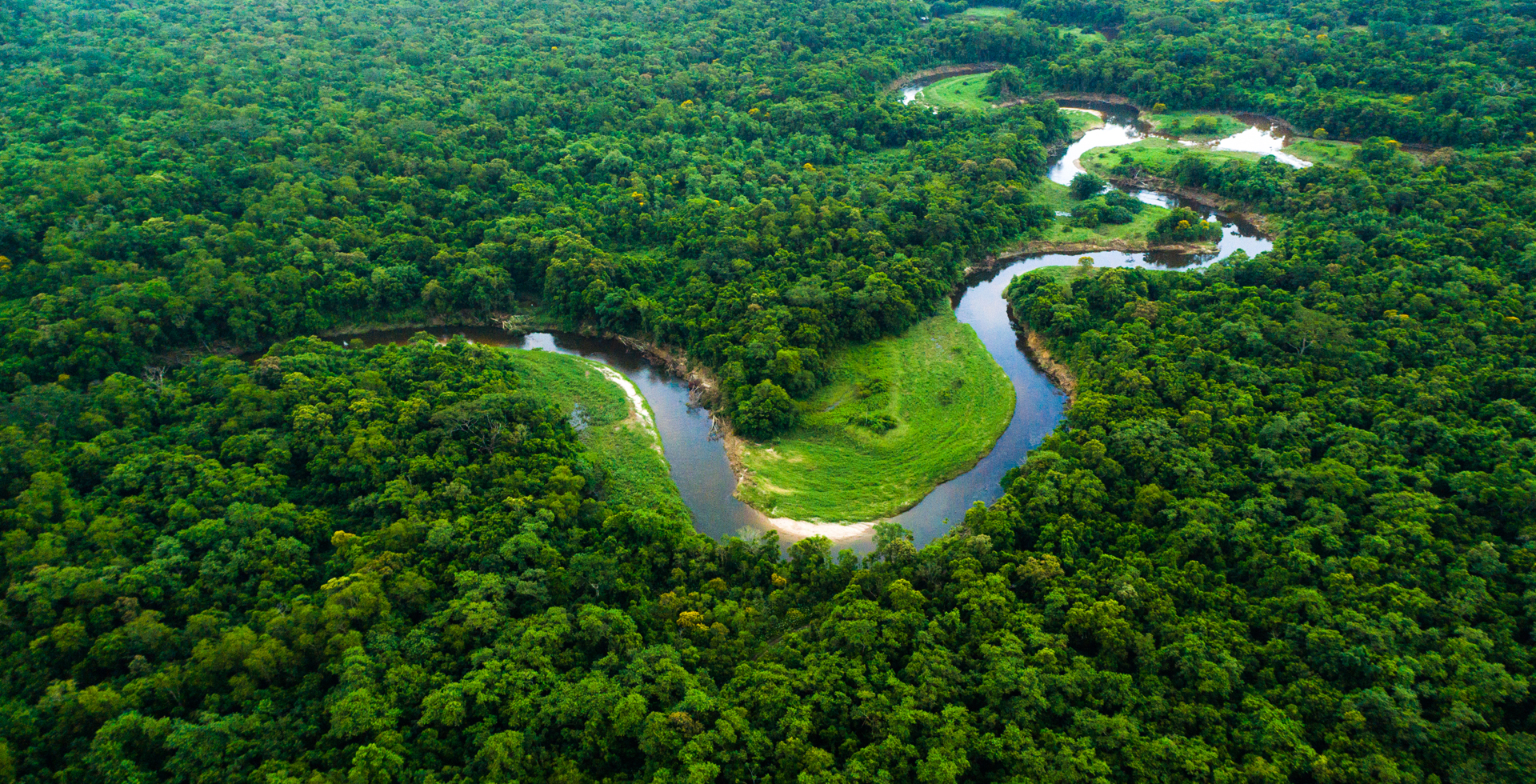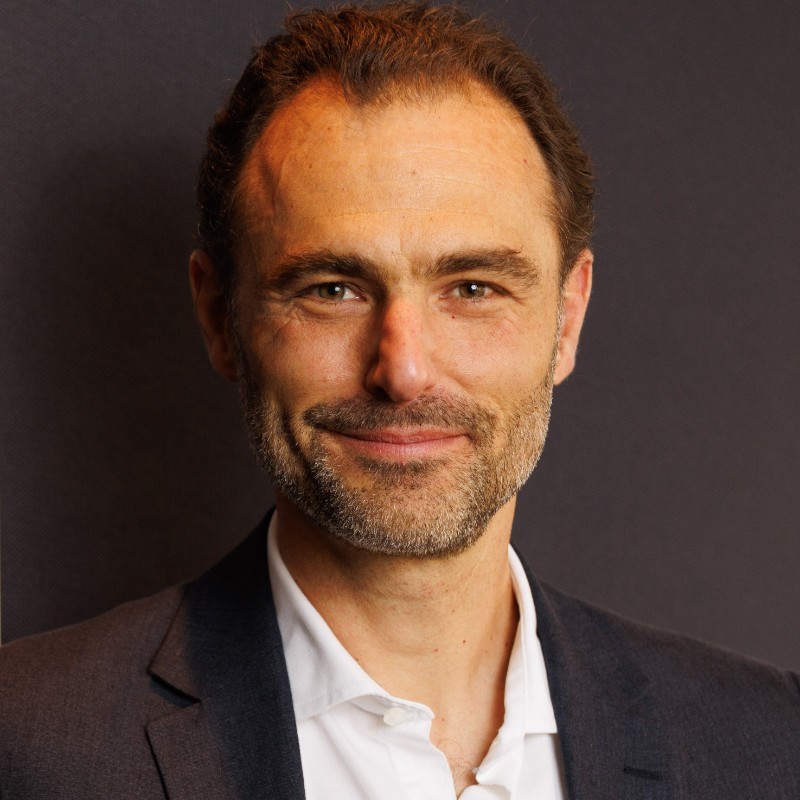Investible: Patrick Sieb
This week, we sat down with the brilliant Patrick Sieb from Investible's new $100 million Climate Tech Fund. In this edited conversation, Patrick discusses his mission to back early-stage decarbonisation start-ups, his perspectives on algae-tech, and some resources he's found inspiring on his journey so far.
When did you realise the next stage of your career would be in climate tech?
I always wanted to work on climate, but my major transition and shift in focus came after reading IPCC's Fifth Assessment Report. That's when I started reading deeper into the topic, and I realised just how dramatic the situation was. I then switched my attention completely to climate tech because I wanted to do something for my kids, and I realised that my expertise and passion for technology could be of great benefit to the sector.
What does Investible's Climate Tech Fund focus on?
This is a $100 million climate tech fund looking to invest in start-ups which impact the climate positively. As a result, these start-ups must directly or indirectly reduce emissions, or create adaptation benefits. Despite our global mandate, we are particularly interested in making Asia-Pacific early-stage investments, as we see great potential in this region.
In terms of sector focus, considering our attention is on early-stage start-ups, diversification is key for our portfolio. As a result, we intend to invest in 60 companies which can solve problems in industry, transport, energy, food & agriculture, land & forest use, and buildings & cities.

What's the goal of Investible's Greenhouse project?
After two years of creating an ambitious vision and plan, Investible was awarded a competitive tender by the City of Sydney to develop a new home for climate tech innovation in Australia. Greenhouse will be housed at Sydney Place, and will accommodate researchers, specialists, corporates, tech companies and investors all dedicated to decarbonisation efforts globally. The most important goal of this project is that it connects people, and contributes to a global community for climate tech. It's hard to find talent in the tech industry, so we really hope the hub will help bring passionate people together, well beyond the walls of the physical space and our borders.
What common challenges do early-stage companies in this space struggle with?
It's certainly hard to generalise due to the varying types of businesses that are in this sector. However, it is paramount that teams master the fundamental start-up skills and attitudes which drive success across all sectors. For example, it's critical that the founder and founding team have resilience, curiosity, and passion.
In addition, technology risk, adoption timing, and capital intensity can bring additional challenges for some climate tech companies. When it comes to fundraising, typical businesses gain favour by highlighting progress through revenue milestones, which is not possible in pre-revenue deep-tech companies. As a result, to attract investment these teams must show progress in another way. That's where they might focus their pitch more on scientific advancements and any progression through regulatory barriers. Understanding that forward momentum must be shown differently is important.
At Investible, we want to accelerate the time from seed to Series A. As a result, we help founders achieve their goals quickly without skipping any vital milestones which encourage later-stage funding and success.

Given how big 2020 and 2021 were for climate tech, what's your perspective on the space in 2022?
I think it's a super exciting time and, most importantly, it’s not hype. I don't think this thematic of climate tech is going to be at major risk from fluctuations in other areas like SPACs. There are some real fundamentals here including the fact we need solutions for climate right now. Plenty of people have realised this and there is an abundance of capital from corporates waiting to be invested.
I'm bullish on the front-end, where we're seeing many more individuals innovating. Now it's all about scaling, getting people on the right path, and helping founders grow these start-ups to the point bigger investors will deploy hundreds of millions of dollars.
What’s your opinion on the algae for climate tech space and what challenges exist for enterprises in that area?
I've seen several companies seeking to grow seaweed or use seaweed-derived products. As a thematic, it's a super interesting space with a lot of potential. Some particularly impressive facets include its dramatically fast growth rate, and how it can be used to replace certain fossil fuel derived products like plastics. It’s quite clearly an underutilised resource.

What advice or resources might you give to people who are just starting out on their journey with sustainability focussed businesses or investments?
I think a lot of people go into climate unsure how to approach such a big problem. One of the resources I found useful is a podcast called "My Climate Journey" which showcases how someone from an unrelated domain can figure things out in the space. When it comes down to it, strive to do what you really enjoy, and what you're good at. Then try to apply these things to climate topics. You don't have to be a deep-tech science whiz to make a difference. Using your skills in the right way can be critical.
Another awesome resource I just finished is called "Speed & Scale". This book provides a broad overview of the space and it's interesting to hear from somebody who was there during clean tech 1.0.
As an aside, it's important to note that you don't have to read everything and try to become an expert if you want to make a difference in this space. At the very least, research a few relevant fundamentals and try to focus your energy where you can have an influence by doing what you are good or passionate about.
Interviewer: Peter Green
Share this:
Tweet




